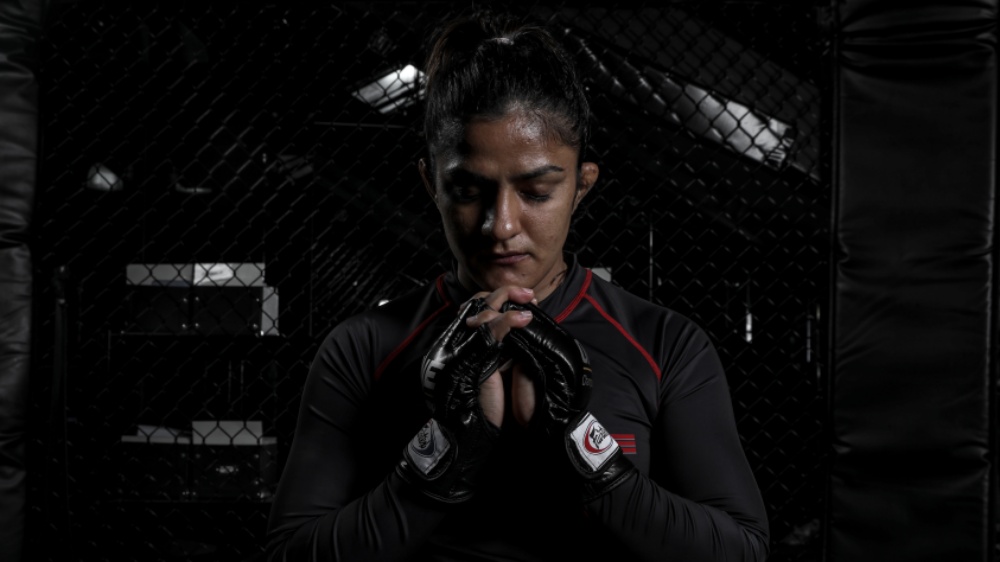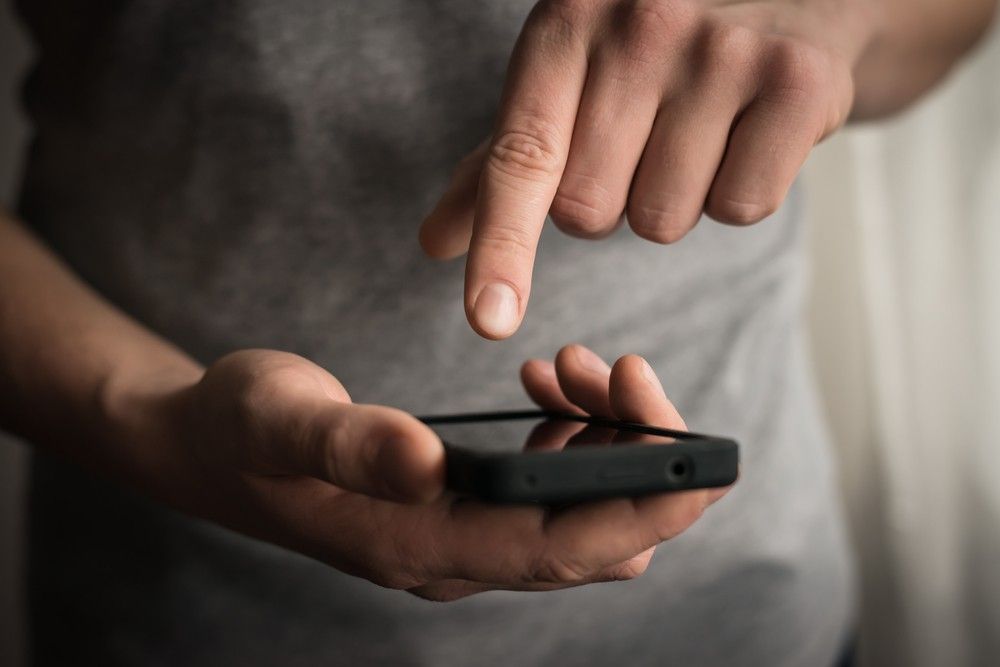Sleep is one of the most underestimated factors that affect your training and athletic performance as a martial artist.
Training forces your muscles to work harder than they usually do, leading to small tears developing in muscle tissues. Proper nutrition gives your body the essential nutrients it needs to repair the tiny tears in your muscles and rebuild them to be stronger than before. The recovery process is the third factor that affects athletic growth and performance. Sleep quality is the most significant part of recovery.
While you might feel like your body is getting stronger when you train at the gym, that’s not what’s happening. It is the recovery process that leads to increased physical performance, especially when your body has all the nutrients it needs to repair itself.
Optimizing Sleep To Improve Athletic Performance As A Martial Artist
Getting adequate recovery is just as essential as training and nutrition to improve your physical fitness or athletic performance. Recovery might include adequately cooling down after workouts with static stretches, taking a few days off from training each week, and getting enough sleep regularly.
Sleep is the most crucial factor in the recovery process since it restores the body from the peripheral and central fatigue that is caused by training. Sleep is a reversible state where you have an increased response threshold to external stimuli and relative immobility.
Your nightly sleep cycle is primarily broken down into two stages: non-rapid eye movement (NREM) and rapid eye movement (REM).
NREM Stages
The NREM sleep stage can be broken further into three distinct stages:
- Stage N1: This is the period you transition from being awake to falling asleep.
- Stage N2: You enter this stage about 20 minutes into sleep. It is characterized by a decrease in body temperature and shorter periods of fast wave and rhythmic brain wave activity.
- Stage N3: This is the transition from light to deep sleep. It is characterized by decreased blood pressure, heart rate, and sympathetic activity. The secretion of hormones like the Human Growth Hormone peaks during this stage.
REM
This is the sleep stage, where cognitive restoration and dreams occur. It causes an increase in brain activity and other systems in the body, while muscles are more relaxed during this stage.
Most people go through all of these stages each night, with each sleep cycle lasting about 90 to 120 minutes, with an average of four to six sleep cycles per night.
Understanding How Poor Sleep Performance Affects Martial Artists
Not getting enough quality sleep regularly can adversely affect your psychomotor performance, cognitive capacity, immune function, and physical performance. Research performed by the Journal of Strength and Conditioning Research indicates that Judokas who were partially sleep deprived showed reduced performance before and during competitions.
Other studies also show that mixed martial arts athletes had poorer cardiovascular fitness, lower vertical jumps, and poorer heart rate recovery when partially sleep deprived.
Not consistently getting enough sleep also affects the function of your endocrine system. A 2011 study showed that the testosterone levels of men who only got five hours of sleep every night for a week dropped by up to 15 percent. A drop in testosterone levels is also associated with low vigor, poor mood, and a low sense of well-being.
Sleep deprivation also negatively impacts your immune system. Even partial sleep deprivation can have a significant impact on your immune system. For example, a study showed that people who sleep for seven hours or less each night are almost three times more likely to catch a cold than those who sleep for eight hours or more per night.
Factors That Impact Sleep Quality
Some of the little things you do that might be impacting your sleep quality include:
- White Light Emitted By Electronic Devices Like Smartphones, Tablets, And Laptops: These suppress the secretion of melatonin, the hormone that regulates your sleep cycle. The white light signals the body that it’s still daytime, increasing your alertness and making it harder to fall asleep. Set your devices to “night mode” or avoid using them for a few hours before going to bed.
- Pain: Pain often interferes with sleep quality. The more extreme the pain is, the more it interferes with your sleep cycle.
- Competition Demands: Martial arts have specific demands that make it more challenging to develop an efficient sleep routine. For example, martial artists often have to travel globally for competitions, and practices like weight cutting can hinder sleep.
Optimizing Sleep For Martial Arts
Now that we’ve gone over the importance of sleep for your progression and performance as a martial artist and some of the things that can interfere with your sleep patterns, let’s go over some of the things you can do to optimize sleep quality:
- Create Better Sleep Habits: Going to sleep at the same time every night and getting up at the same time in the mornings (weekends included) is an excellent way to create positive sleep habits. Your body will naturally start to prepare for sleep once a sleep pattern has been established, making it easier to fall asleep.
- Take Naps: Napping can help to reduce the effects of not getting enough sleep at night, so nap for a couple of hours if you feel fatigued in the afternoon.
- Create The Ideal Environment For Sleep: Try your best to make your bedroom a relaxing, quiet, comfortable, and dark place. Avoid large meals, alcohol, caffeine, and electronic devices for a few hours before sleep.
- Use Artificial Light To Manage Sleep Patterns: As a martial artist, you might sometimes have to compete in different time zones or late at night. You don’t want your body to be getting ready for sleep as you’re about to start your big competition, so use artificial light to create day-night cycles to prepare yourself for major events. Start the acclimatization period at least two weeks before your big event.
You may also like:

















